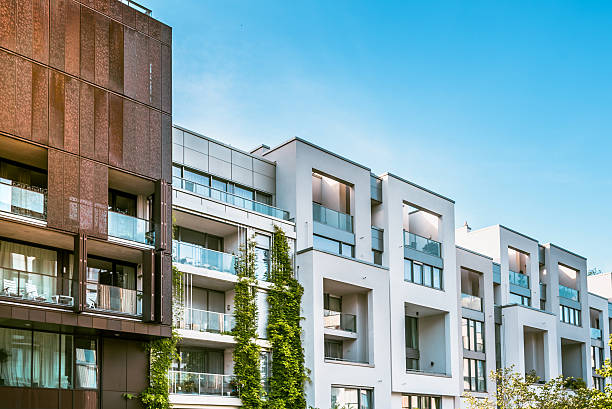
Top 5 Tips For HOA Board Duties
1. Fiduciary Responsibility
Act in Good Faith: Similar to Accountants, Lawyers, Brokers and Administrators of Estates, each of whom have a fiduciary responsibility to act in good faith towards their clients, HOA Board Members also have the same obligation. Fiduciary Duty means a power and obligation have been conferred to act in the best interests of the beneficiary - in this case: Homeowners. This requires trust, good faith and honesty. Any circumstance in which the Fiduciary gains an advantage or profit, at the expense of the beneficiary, can be voided by a Court of Law.
Restrictions: As fiduciaries are held to a high standard of trust, they are not permitted to self-deal and must avoid all conflicts of interest - perceived or actual. For example, if a Board Member's relative owns a landscaping business, they must declare this relationship and should probably abstain from any decision-making on contractual awards to connected people. In addition the Board should document that this firm provides a top 3 competitive bid.
2. Work Within the Confines of Community Bylaws and Governing DocumentsMandate: Board Members must abide by the Governing Documents: Articles, Bylaws, CCR and so forth and may not extend their authority outside this scope, without new Community laws being passed. The Board must also abide by all State and Federal laws.
3. Keep Up-To-Date and Make Informed DecisionsInformed Decisions: Board Members should review all documents before each Board Meeting and prepare comments or notes in order to participate effectively. This way if a Homeowner asks questions Board Members will be able to provide informed responses. This does not mean each Board Member has to be an expert in every area - some topics may require further consideration. But a Board Member must stay informed of key issues and participate in their resolution.
4. Effective FinancingPlanning and Managing Income and Expenditure: Budgets should be set and reserve funds managed effectively. Fund transfers require authorisations and financial statements should be monitored at least on a monthly basis to isolate discrepencies and examine any drift between approved and current budgets. Income arising from Homeowner dues should be monitored regularly, with delinquent homeowners sent warnings for missing payments and these cases managed.
Preventative Maintenance: Plan and budget for preventative maintenance as this will save considerable expense in the long-run. Maintain a check-list and ensure you carry out community-wide inspections at least annually. 5. Community UpkeepMaintenance and Management Regular inspections and preventative maintenance are recommended as this lowers cost in the longer-run and facilitates budget planning. Vendor contracts should be reviewed at least annually to ensure bids are still competitive. Homeowner violations and disputes should also be monitored and managed according to written Community policies and procedures.
